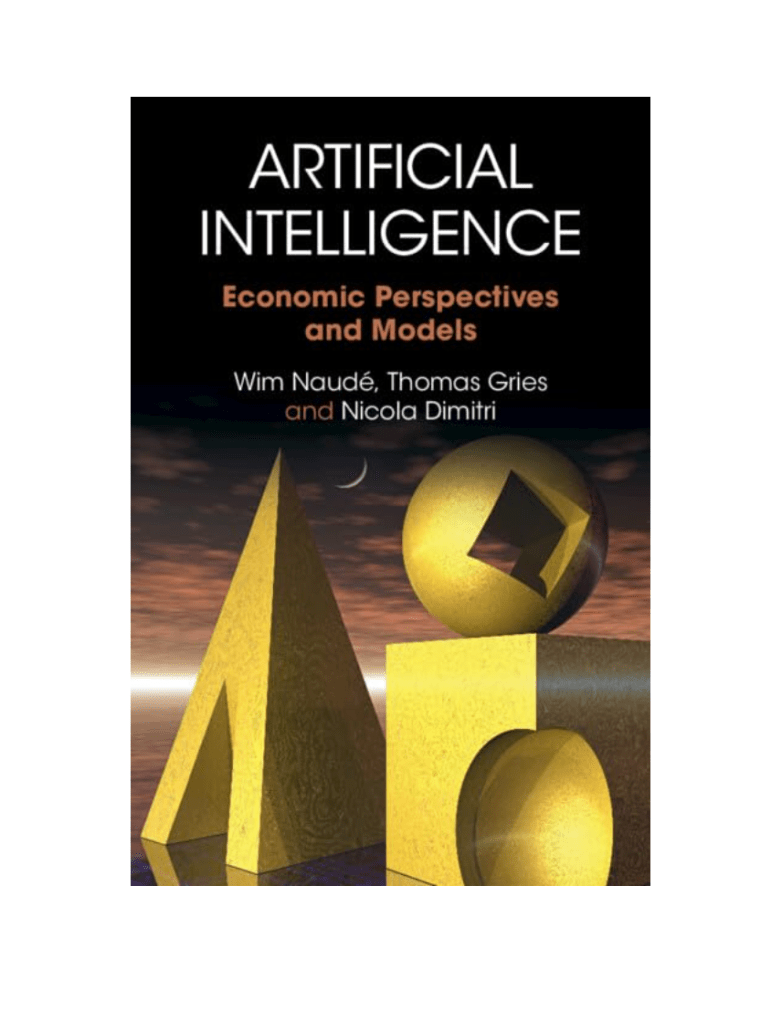Per allontanarsi dall’isteria della cronaca e focalizzarsi su una strategia più ponderata, sarà necessario dotarsi di pensiero e analisi. Ma difettano oggi le riflessioni improntate alla teoria e alla strumentazione economica. In questa prospettiva, è utile questo nuovo saggio appena uscito e in lettura <Artificial Intelligence. Economic Perspectives and Models>. Come scrivono gli autori, per le imprese è necessario arginare “l’incertezza” che circonda questa nuova ondata tecnologica che rimane in un’evoluzione caotica e sconosciuta (un pò differente da altre storie tecnologie d’impatto vissute).
<< … In the case of AI, the difference seems to be, at least from the present vantage point, that it is not a finished technology but a technology that is incrementally changing and still evolving. While AI currently (in its ML form) is data and energy intensive, and based on describing but not understanding intelligence, it is likely to keep on evolving. It is possible that it will become quite different in coming years. In this, AI is very different than electricity, a general-purpose technology to whom it is often compared. The scientific details of electricity are today the same as ever; it is only the way it is being engineered in applications that has differed. When the first car was driven out of the shop, its dangers were well known, and moreover, these have remained roughly similar. Nuclear technology, and its dangers, today is fundamentally the same as it was half a century ago. By contrast, AI is developing – it is a learning technology at the same time as humans are learning more about the nature of intelligence – and these learning processes mean that what precisely AI will evolve into – and when – is unknown >>
Occorre, allora, mettere in campo prospettive e modelli che ci consentano di leggere più strategicamente e competitivamente il fenomeno dell’AI.
<< … But the field of economics also needs to adjust its tools to be able to illuminate AI better. Key models in economics, for example, growth models, have until recently wholly abstracted from technology (and energy), focusing only on the nineteenth-century world of capital and labor as production factors. It was only in the 1990s that technology was endogenized, and the key feature of technology – as ideas that offer increasing returns and combinatorial possibilities – incorporated into economic growth models … A second way in which an “economics of AI” can help is in identifying how public policy toward AI can be made better. There is indeed much enthusiasm shown by governments to implement policies to make AI more “human-centered.” Much of this is unfortunately fed by the hype and hysteria that surrounds AI …>>
Una lettura interessante e opportuna per uscire dalla superficialità disciplinare di molti discorsi correnti e delle isterie dei mercati. E da molte ingenuità digiune di filosofia (Accoto, 2024)

